November 11, 2019
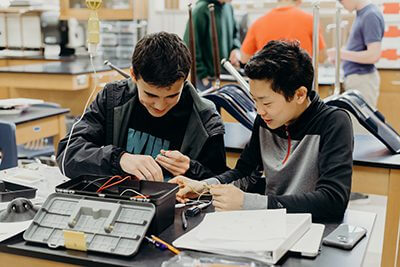 How we work, and learn to work, is changing for real and in real time. The technology, pace, and business models that define our local and national economies are shifting almost by the day, with old structures retiring and new approaches taking center stage. This fundamental change in career paths and professional expectations is shaping how progressive schools view the skills they teach students, and how they create opportunities for students to grow and prepare in and beyond the classroom.
How we work, and learn to work, is changing for real and in real time. The technology, pace, and business models that define our local and national economies are shifting almost by the day, with old structures retiring and new approaches taking center stage. This fundamental change in career paths and professional expectations is shaping how progressive schools view the skills they teach students, and how they create opportunities for students to grow and prepare in and beyond the classroom.
Alison Kay, EY Global Accounts Committee Chair, writes that “we can help the next generation, who have not yet entered the workplace, by being alert to the scale of change taking place.” She emphasizes that “I think the best we can do as parents, mentors, and business leaders is to support qualities that will help them to deal with and work through uncertainty.” In her article, Kay outlines the key skills that will help students prepare for jobs that don’t yet exist, or that are evolving rapidly: Read More
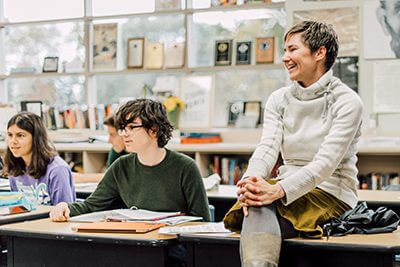 by Dr. Bill Hudson, Head of School
by Dr. Bill Hudson, Head of School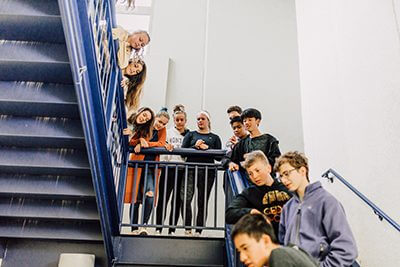 Physics 9 represents a change to the science curriculum starting in the 2019-2020 school year at MPA. For the first time, ninth graders are taking physics, and this adjustment to the science sequence at MPA allows for a variety of electives in the twelfth-grade year.
Physics 9 represents a change to the science curriculum starting in the 2019-2020 school year at MPA. For the first time, ninth graders are taking physics, and this adjustment to the science sequence at MPA allows for a variety of electives in the twelfth-grade year.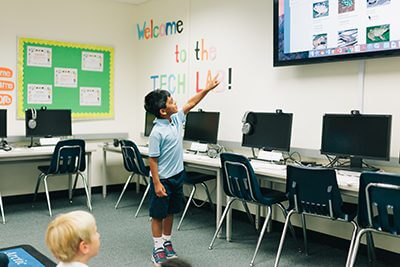 by Neelu Boddipalli, MPA Parent and Trustee
by Neelu Boddipalli, MPA Parent and Trustee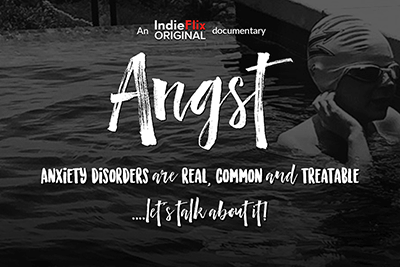 by Jenn Milam, Ph.D., Middle School director
by Jenn Milam, Ph.D., Middle School director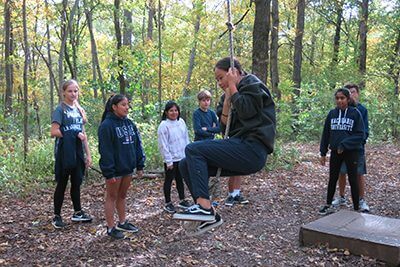 By Dr. Bill Hudson, Head of School
By Dr. Bill Hudson, Head of School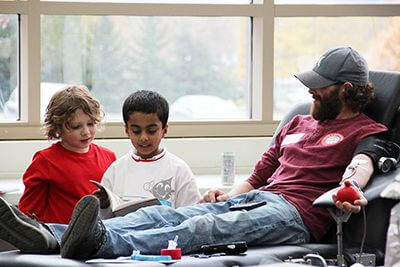 The world starts small when you’re a kid. In a relative bubble of family, friends, and school, it can be challenging for children to think beyond their own backyard, or to reflect on how they can support or contribute to a community that’s different from their own. Cultivating a service mindset in students early is a powerful key to unlocking a larger world view, while also preparing them for college and creating distinction in their educational experience.
The world starts small when you’re a kid. In a relative bubble of family, friends, and school, it can be challenging for children to think beyond their own backyard, or to reflect on how they can support or contribute to a community that’s different from their own. Cultivating a service mindset in students early is a powerful key to unlocking a larger world view, while also preparing them for college and creating distinction in their educational experience. by Dr. Bill Hudson, Head of School
by Dr. Bill Hudson, Head of School How School Sports Lift The Mind, Build Skills And Improve Mental Health
How School Sports Lift The Mind, Build Skills And Improve Mental Health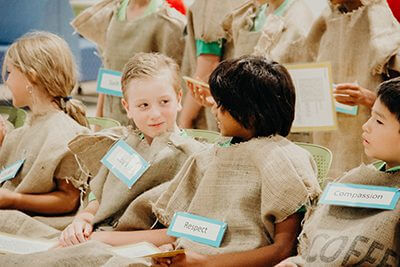 by Renee Wright, Lower School director
by Renee Wright, Lower School director